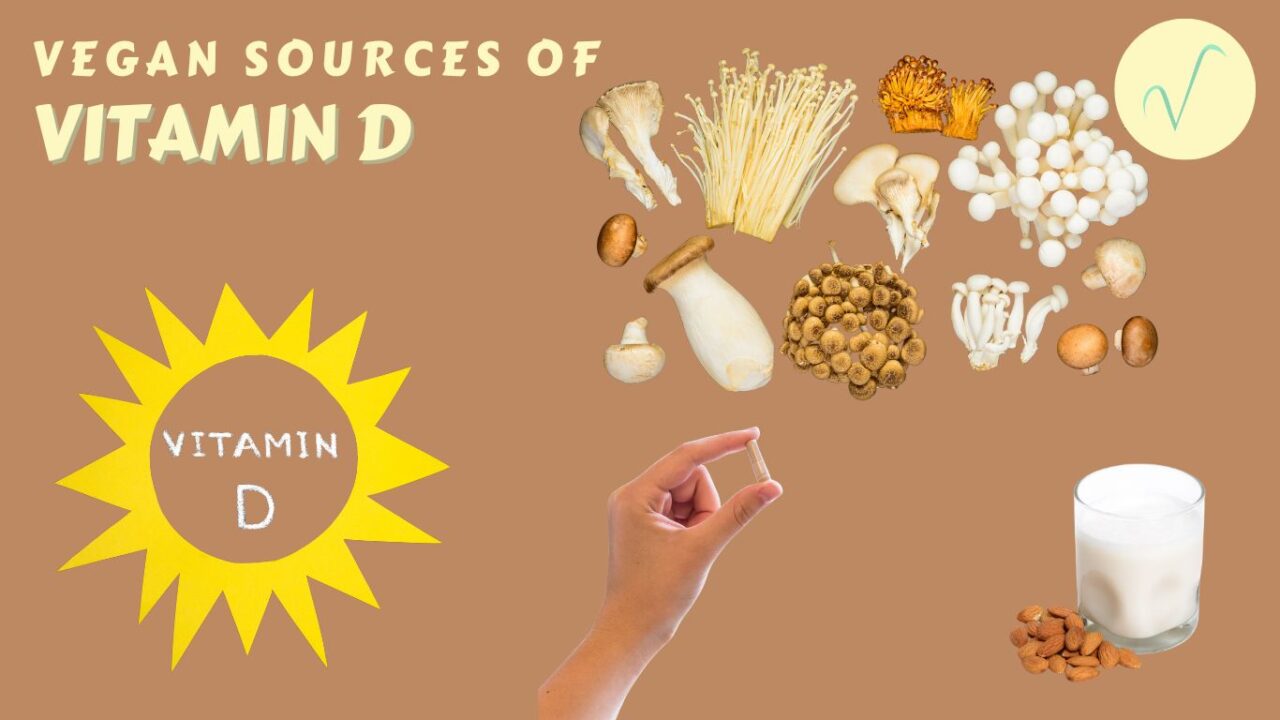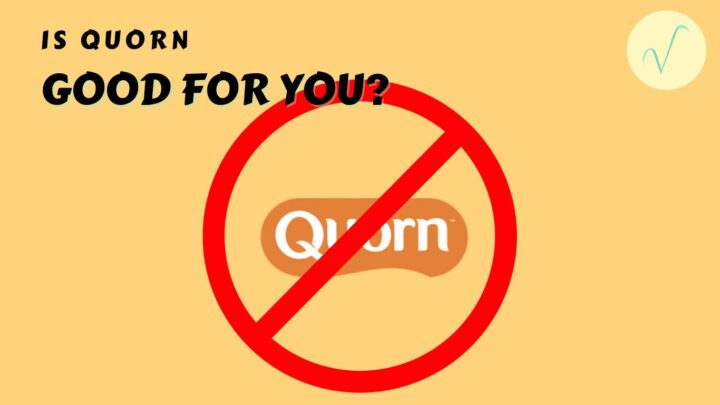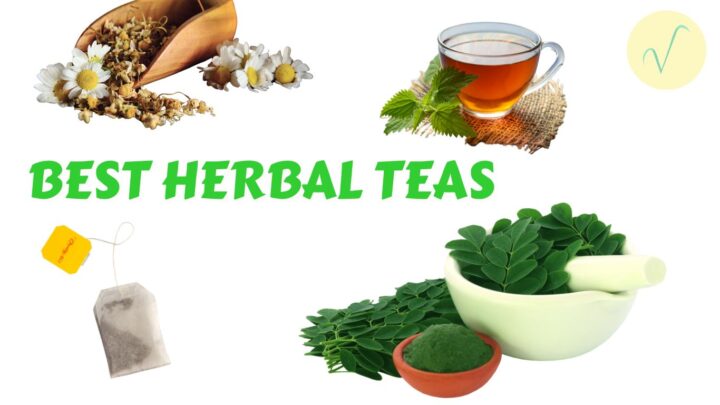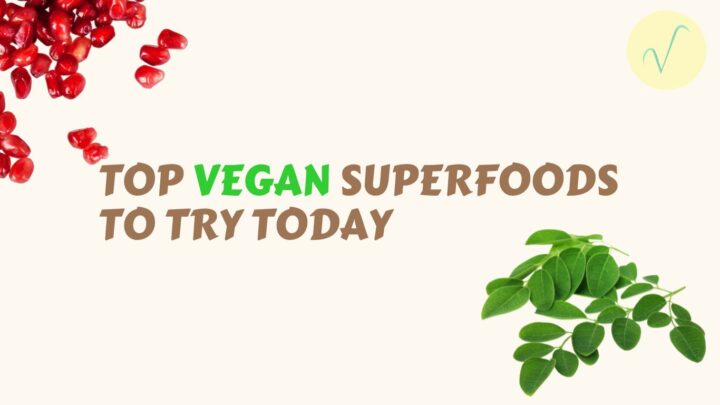Vitamin D is one of the few nutrients which many people all over the world, omnivores and vegans alike, are deficient in.
If omnivores even struggle to get it from their food, it’s key we as vegans know reliable plant-based, vegan foods high in vitamin D for a balanced diet.
Do vegans get enough vitamin D?
In a recent study, it was concluded that there was no main differences between vegan and non-vegan groups – in terms of vitamin D levels.
So as a vegan it’s good to know you’re not at a disadvantage; to be weary and know the best ways to get your vitamin D in your daily diet.
Our list of vegan food sources of vitamin D
So, what vegan foods are have vitamin D in them? Have a look through our list of vegan calcium sources found in plant-based foods, as well as fortified foods.
Mushrooms
In this case, we’re talking the UV treated mushrooms, or ones left in the sunlight, which you can actually do yourself!
There’s debate on the topic as mushrooms only provide you with vitamin D2, argued that you’re better off with d3. Although being a notorious source of vitamin D, mushrooms only provide you with 10-50% of your DRV.
Learn how to charge up your mushrooms yourself with vitamin D from the sun!

Fortified milk and yoghurt
Various vegan milk brands, from Oatly to Alpro, provide adequate vitamin D per serving (around 15% per 100ml/gram). Making it a decent food source if you wish to up your intake throughout the week.
Sunshine
As is a well-known fact, the main cause of vitamin D deficiency is lack of exposure to sunlight.
Sitting outside in the sun can serve as an adequate source of your daily vitamin D. You’d only need a good 15-30 minutes daily, depending on factors such as sun intensity and skin complexion.
Sunshine, regardless of your situation, is forever going to be the best form of vitamin D.

Should vegans take a vitamin D supplement?
Vitamin D supplements are recommended for those who lack regular exposure to sunlight. It’s a good way to ensure you get that sunshine vitamin, especially if you live in areas that are more temperate climates; i.e. UK or Netherlands.
Ironically vitamin D deficiency is a problem that affects both vegans and omnivores alike; so it’s key that if you don’t receive regular sunlight, you get a proper supplement to make up for it.
See our full list of recommended vitamin D supplements here, in tablet, drop and spray forms!
Are meat and dairy better forms of vitamin D?
Not really. A study shows that various meat products, sourced from various EU countries, Canada and the US, drew inconclusive results in terms of vitamin D content.
With some cuts being void of the nutrient and others disproportionately high – Suggesting that vitamin D in meat, as is found, is likely supplemented.
The same study also found mixed results and inconclusive points in terms of sourcing, processing, etc, with differences in bioavailability in dairy depending on the country of origin. Suggesting dairy products aren’t always the most reliable source of vitamin D.
The study also concluded that vitamin D, as a fat soluble vitamin, is best available in full-fat milk. Which in itself brings potential higher risk of cardio vascular disease if consumed in the long-term.
Best sources of vitamin D for vegans
I hope you learned something interesting today about vitamin D and how you can incorporate it into your daily diet. We’re on a mission to help give you the facts on vegan nutrition and help you make educated decisions, if you wish to take on the vegan diet.
There are many benefits of a vegan diet and with vitamin D deficiency being an issue for both vegans and omnivores alike. It’s important to ensure you know these things to be able to make the right decisions and really reap the benefits of a vegan diet, as nature intended!




